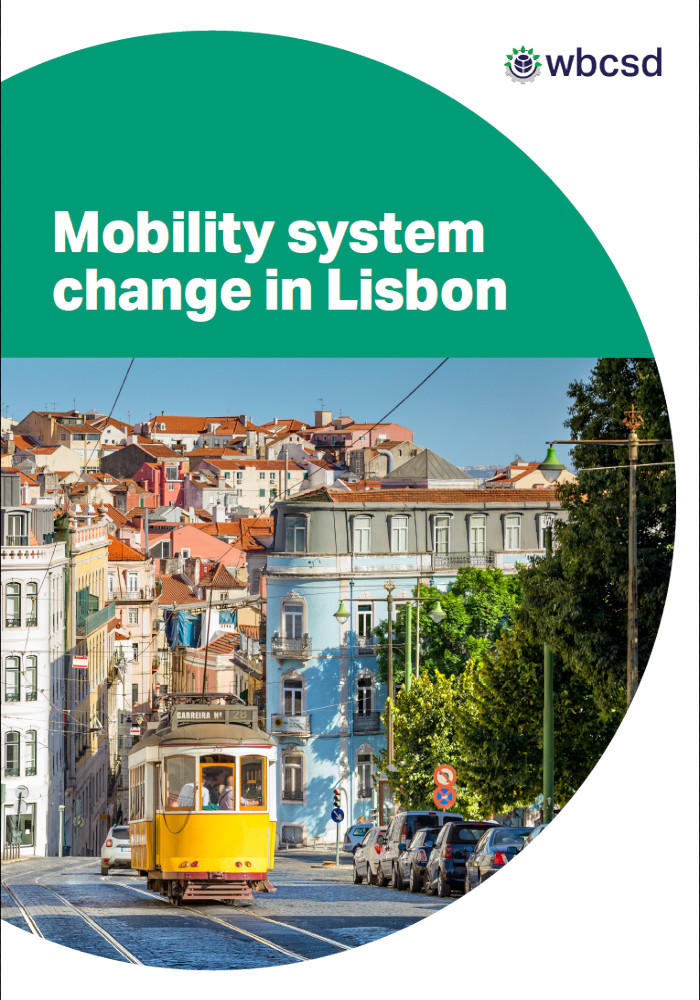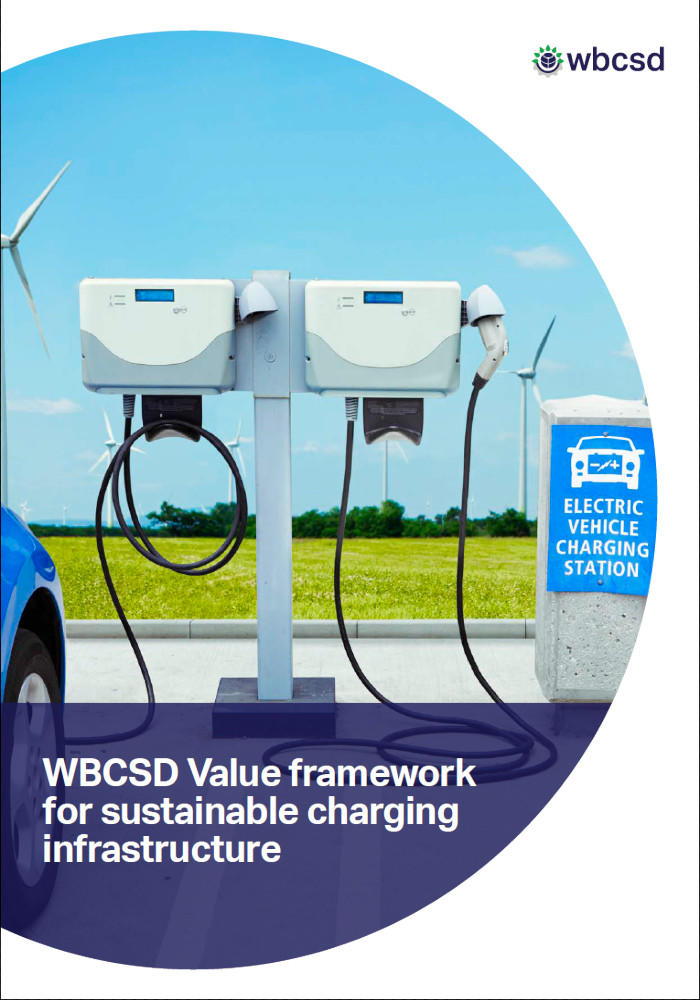Commuting Behavior Change
Changing commuting behaviors is a key driver for sustainable mobility with high potential benefits for the environment and for significantly improving the global workforce’s quality of life. Companies can lead the change by setting long-term ambitions and implementing corporate policies that encourage and incentivize cleaner and healthier mobility choices. The Commuting Behavior Change project mobilizes WBCSD member companies, academics and SMEs around the world to reduce the environmental and social impact of commuting patterns in cities while shifting employee preference toward sustainable transport modes.
The challenge
Transport accounts for 24% of global emissions and more than 50% of these emissions are linked to the movement of people. Commuting contributes to air pollution and congestion and impacts people’s well-being negatively with over 40% of the global workforce citing the commute as the worst part of their day. Companies have a critical role to play in the transition to sustainable urban mobility, especially in developing countries, where governments may not have the resources and capacity for immediate action.
The business case
Adopting sustainable corporate mobility policies can substantially decrease emissions, optimize traffic flows and improve the life of billions of employees and city-dwellers. Sustainable mobility policies should be part of every company's transition to carbon neutrality and can catalyze deep change in the corporate culture helping to attract and retain talents in the future.
The solution
Through this project, WBCSD is developing a commuting behavior change framework helping to drive and measure change in employee commuting preferences. The project will also provide a digital tool to help quantify the environmental, social and economic benefits of a sustainable corporate mobility policy and monitor its deployment across regions and companies.

































